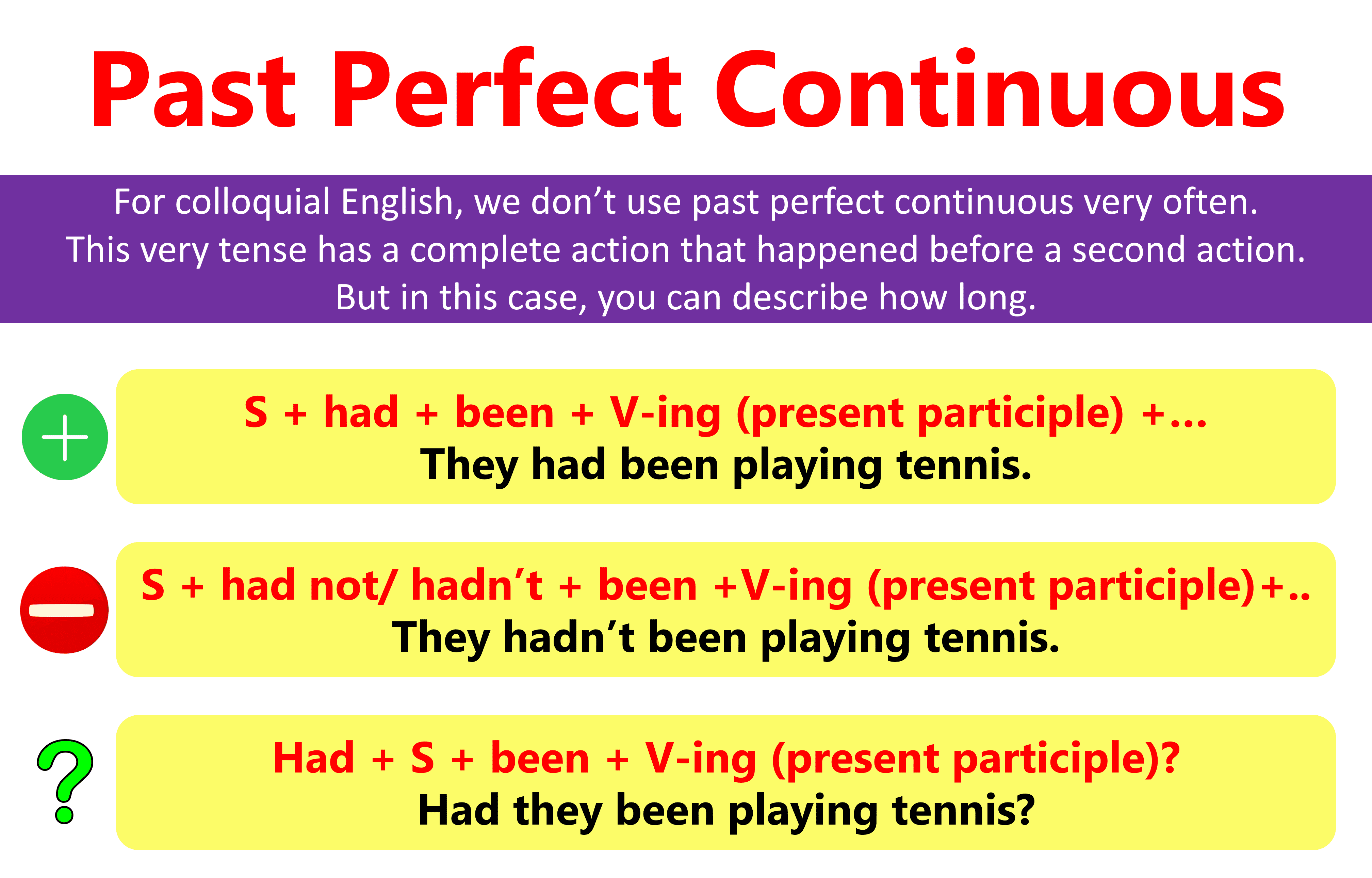When we talk about verbs in English, we often hear the terms strong verbs and weak verbs. Understanding the difference between them can help you improve your writing and speaking skills. Let’s break it down in simple words.
What Are Verbs?
First, remember that a verb is a word that shows an action or a state of being. For example:
- Run (action)
- Be (state of being)
Read More About: Verbs in English
Now let’s explore the difference between strong verbs and weak verbs.
Strong Verbs
Strong verbs are verbs that can change their form when the tense changes without needing extra helper words. For example:
- Sing (present) → Sang (past) → Sung (past participle)
These verbs don’t need “-ed” at the end to show the past tense. Instead, their spelling changes. Strong verbs are sometimes also called irregular verbs.
Examples of Strong Verbs:
- Drink → Drank → Drunk
- Write → Wrote → Written
- Break → Broke → Broken
More Examples of Strong Verbs (Irregular Verbs)
These verbs change their spelling to form the past tense and past participle.
- Sing → Sang → Sung
- Write → Wrote → Written
- Speak → Spoke → Spoken
- Begin → Began → Begun
- Swim → Swam → Swum
- Drink → Drank → Drunk
- Take → Took → Taken
- Break → Broke → Broken
- Fall → Fell → Fallen
- Choose → Chose → Chosen
- Drive → Drove → Driven
- Freeze → Froze → Frozen
- Fly → Flew → Flown
- Grow → Grew → Grown
- Know → Knew → Known
Strong verbs are powerful because they stand out and make your writing more vivid and interesting.
Read More About: Strong vs. Weak Nouns
Weak Verbs
Weak verbs are verbs that use “-ed” or “-d” to show the past tense. They don’t change much in spelling. For example:
- Play (present) → Played (past)
- Talk (present) → Talked (past)
Weak verbs are also called regular verbs. They are simple and easy to use because they follow the same pattern.
Examples of Weak Verbs:
- Walk → Walked
- Jump → Jumped
- Cook → Cooked
More Examples of Weak Verbs (Regular Verbs)
These verbs add “-ed” or “-d” to form the past tense and past participle.
- Play → Played → Played
- Talk → Talked → Talked
- Walk → Walked → Walked
- Jump → Jumped → Jumped
- Cook → Cooked → Cooked
- Paint → Painted → Painted
- Open → Opened → Opened
- Close → Closed → Closed
- Start → Started → Started
- Finish → Finished → Finished
- Help → Helped → Helped
- Clean → Cleaned → Cleaned
- Watch → Watched → Watched
- Smile → Smiled → Smiled
- Dance → Danced → Danced
Why Does It Matter?
Using strong verbs can make your writing more exciting and clear. For example:
- Weak verb: She said the story in a sad way.
- Strong verb: She whispered the story sadly.
In this example, the strong verb “whispered” gives a clearer and more vivid image.
However, weak verbs are not bad! They are helpful for simple and clear sentences.
Tips to Remember
- Learn common strong verbs. Practice their forms: present, past, and past participle.
- Use a mix. Strong verbs add variety, but weak verbs keep sentences simple and easy to understand.
- Practice reading and writing. Notice how verbs are used in books, articles, or conversations.
Strong verbs and weak verbs are both important in English. Understanding the difference helps you choose the right word for your sentence. Strong verbs give power to your writing, while weak verbs keep it clear. Use both wisely, and your English will improve!
Strong VS. Weak Verbs
Here’s a clear table comparing 30 examples of strong vs. weak verbs:
| Strong Verb | Weak Verb |
|---|---|
| Sing → Sang → Sung | Play → Played → Played |
| Write → Wrote → Written | Talk → Talked → Talked |
| Begin → Began → Begun | Walk → Walked → Walked |
| Swim → Swam → Swum | Jump → Jumped → Jumped |
| Drink → Drank → Drunk | Cook → Cooked → Cooked |
| Take → Took → Taken | Paint → Painted → Painted |
| Break → Broke → Broken | Open → Opened → Opened |
| Fall → Fell → Fallen | Close → Closed → Closed |
| Choose → Chose → Chosen | Start → Started → Started |
| Drive → Drove → Driven | Finish → Finished → Finished |
| Freeze → Froze → Frozen | Help → Helped → Helped |
| Fly → Flew → Flown | Clean → Cleaned → Cleaned |
| Grow → Grew → Grown | Watch → Watched → Watched |
| Know → Knew → Known | Smile → Smiled → Smiled |
| Speak → Spoke → Spoken | Dance → Danced → Danced |

You May Also Like






